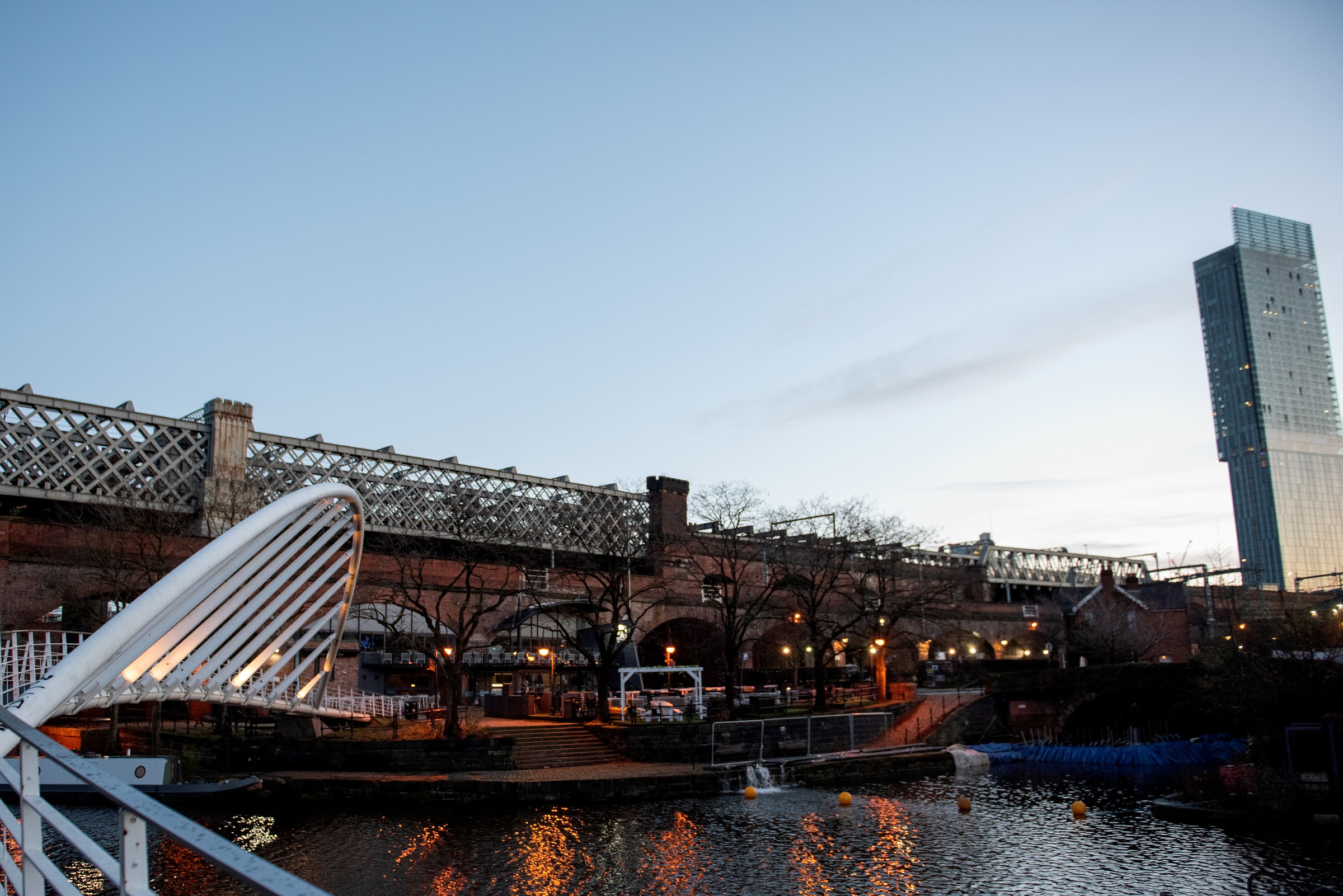What’s driving businesses to change their energy use?
What’s driving businesses to change their energy use?
We spoke to four businesses before the Covid-19 crisis to discuss the conversations they’re having and decisions they’re making to help create a cleaner future.
Global headlines on climate and the environment have played their part in raising consciousness of renewable energy and reduced consumption.
Customers and communities are asking questions and public businesses, including the likes of JD Sports, are publishing reams of information online about their green credentials and carbon reduction programmes.
But the reasons driving behaviour change are mixed. For the businesses we spoke to, the immediate cost of energy is still a big issue.While the moral reasons to act are becoming clearer, energy-saving schemes bring long-term considerations.
When a business takes one step, it often leads to other projects and opportunities. Simply understanding the use of energy better often creates a snowball effect. Data and measurement help this process.
“For our customers, it depends who you are talking to, but what we implement has got to work properly and it’s got to be cost effective. That’s a given,” says Nigel Holden, head of Co-op Power, which is procuring green energy from Co-op Group and other sources.
“For some, the decisions are very commercial. They come to us saying: ‘We’ve got a real problem, our budget is shooting up,’ for example. As we grow, the driving factors will no doubt change, but it’s predominantly being driven by finance directors and procurement departments.”
Quentin Abel, Managing Director at APC Manchester has three reasons for installing solar power and replacing the rooflights at its facility in Trafford Park.
While the first one cuts through the noise – “for goodness’ sake, if we don’t do something and do it now, we aren't going to have a future” – his wider team also recognises the cost savings over time.
“We’re managing to improve the working environment for our staff, and they are actually proud of the fact that we’re doing something,” he says.
“Quite frankly, investing in a solar array is an investment in the future.”
The same is true for Donald Moore at Rowlinson Knitwear, but the savings to be made are just part of a bigger picture.
The company became employee-owned four years ago, but the drive to become carbon literate and reduce energy use is coming from him and his team. “We exist to be a force for good, not to gain business. It’s got nothing to do with that,” he says. “But it will help companies in the long run if they do take steps.”
Clearly, the business environment has changed a lot in a short space of time since we had these conversations, but there is a strong argument from many who want a green recovery to be at the heart of society’s attempt to build back better.
We want to hear your say on this – what do you think businesses could be doing to be greener – and how do you think we at Electricity North West could support them better?
We are calling for those living or working in the north west to have their say on our future investment plans as part of our biggest ever customer engagement programme. Anybody interested in getting involved can visit www.pluggingin.co.uk for more details.